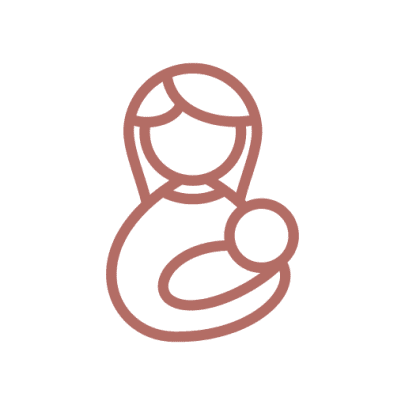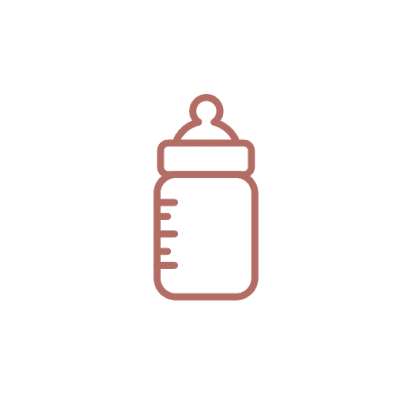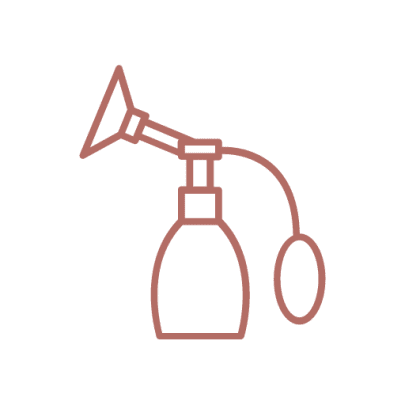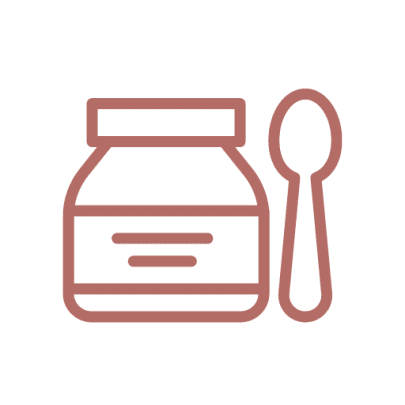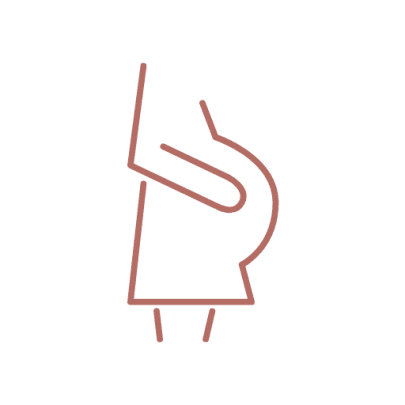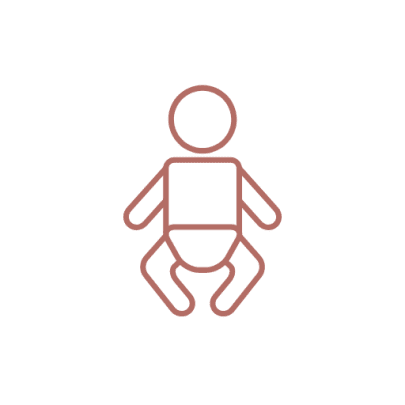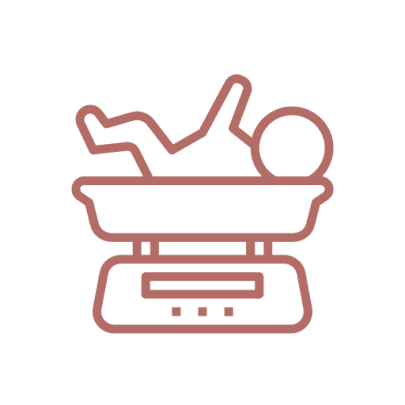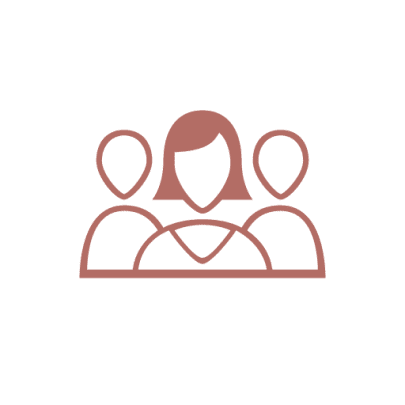Encouraging your Baby’s Speech and Language Development
Right from the time your precious wee bubba is born they are communicating with you. From as young as three days old they can hear the difference between a human voice and the hum of environmental sounds, such as the fridge. Your baby is hard-wired to pick up on the world around them, to learn through their five senses, to learn from you.
Many ideas mentioned in this article will be intuitive. We are going to be looking at some of the essential building blocks your baby will need to learn before they talk (experts label these “prelinguistic skills” roughly meaning “skills before language”).
Building block 1: joint attention
Both you and baby focus on the same thing. It can be as simple as blowing bubbles with them. Or sharing a story- sometimes it’s easier to maintain baby’s interest by just making the noises of the animals in the pictures (they’ll probably produce some delightful giggles as you make a pig snort). Or make some music using jars full of rice. The important thing about this is that you’re sharing an experience together.
Building block 2: turn-taking
It is intuitive to coo back at your baby when they make their first sounds or give you their first delicious gummy grin. By imitating your baby’s sounds back to them, you are giving them the message: “I think what’s important to you rocks and I want to be a part of it”. Turn-taking can be anything from blowing raspberries on your wee one’s tum and waiting while they respond with a giggle, to passing a ball to them when they’re able to sit. Sharing a book with them and, getting them to help turn pages when they’re old enough. Sharing nursery rhymes regularly helps build language skills too. The actions help your baby learn that words are associated with certain predictable actions. They get more meaning from words with actions than just the words themselves.
Baby Sign is another wonderful way to encourage your baby’s language development and many parents report a decrease in tantrums too – definitely a bonus as your child begins to assert their independence. (This is where you teach your baby simple actions for key words such as Full, Milk, Hungry to provide a way to communicate).
Building block 3: getting lots of language “fed in” or hearing lots of language
If you’re not a natural chatterbox this can be a hard thing to do. But the basic idea of this one is to talk to your baby as much as possible. Provide a running commentary about what you’re doing (self- talk) and what your baby is doing (parallel talk). Singing and nursery rhymes are a wonderful way to “feed in” language to your baby.
So when should baby begin to talk?
The textbooks give a rather optimistic idea that most babies – toddlers should begin talking around one year of age. Practically most kids talk far later. Some girls will begin their first words earlier than this, that’s because as a general rule, girls are hardwired to be social and have tea parties with their dollies and teddies, they love imitating Mummy’s coffee group.
Boys are more physically wired and much more enamoured with tractor, car noises and their bodily functions than the sound of their own voice.
Don’t worry too much if your child isn’t saying their first words at the same time as your friends children. They’ll get there. And if you’re really concerned you can refer them to your local Speech and Language Therapist for an assessment.
This article was written by our Guest Author Debs who is a Speech and Language Therapist by day and a Mum to a toddler who she feared might say “shhhhh Mum, noisy!” as some of his first words.

